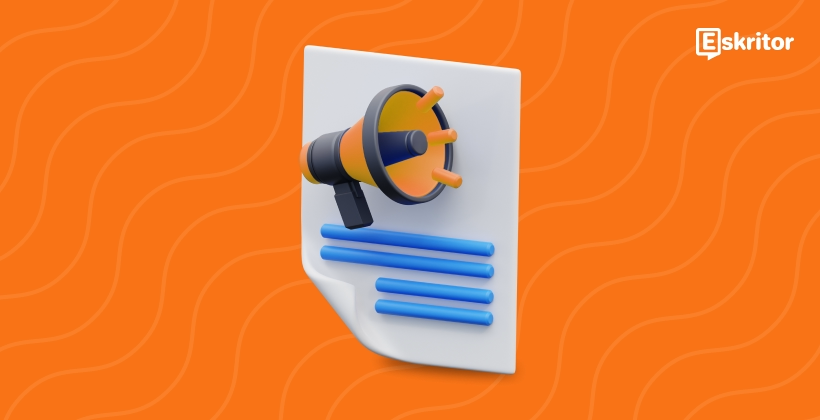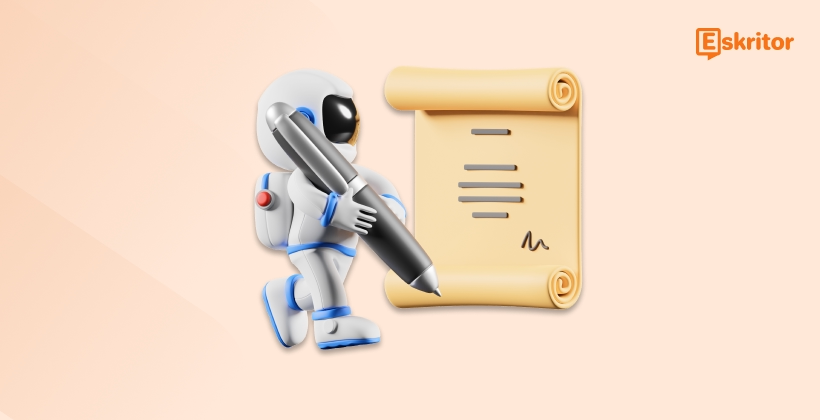Mastering Content with AI Editing Tools
Mastering Content with AI Editing Tools
Blog Article
The Future of AI Writing Technology Explained
As artificial intelligence (AI) evolves, it continues to revolutionize how exactly we approach contemporary editing practices. From syntax correction instruments to sophisticated content technology platforms, AI writer is reshaping just how authors, authors, and creators refine their work. This blog considers the position AI represents in contemporary editing and the affect it's across industries.

AI-Powered Methods Primary the Charge
AI-powered resources have grown to be an crucial section of modifying workflows. Application fueled by normal language running (NLP) and unit understanding can do responsibilities like grammar checks, stylistic suggestions, and sentence restructuring with extraordinary rate and accuracy.
For instance, AI-based grammar pieces may identify mistakes that the eye may possibly ignore, such as subject-verb deal issues or dropped modifiers. Equally, type changes developed by AI ensure that tone and flow arrange with the supposed market, which can be important for qualified editors.
These instruments aren't only restricted to conventional syntax corrections. They can handle increasing readability, transforming passive voice to active style, and even paraphrasing whole paragraphs without adjusting the meaning.
Performance Meets Time Savings
Reports reveal that the utilization of AI tools may lower editing time by up to 30%. Rather than poring over every sentence physically, editors may focus their initiatives on innovative and strategic aspects of content. That shift allows specialists to manage higher amounts of text in smaller times, that is especially important for industries like publishing and digital marketing.
Moreover, predictive AI characteristics can spotlight repeating mistakes, helping writers improve their abilities over time. For companies, this equals less resources used on revisions and more refined components from the start.
Improving Convenience and Globalization
AI's role in contemporary editing runs beyond efficiency. Advanced translation and localization tools allow makers to change material easily for worldwide readers, deteriorating language barriers with precision. That technology assures that exactly the same meaning may resonate with cultures global while maintaining its authenticity.
AI also raises inclusivity requirements by increasing supply in content. Like, methods can identify probably non-inclusive language and suggest alternatives. That capacity allows editors to improve writing so that it resonates with varied audiences.

Impressive a Harmony Between AI and Human Creativity
While AI excels in rate and accuracy, it generally does not change human editors. Machines often lack the capacity to read nuance, sentiment, or cultural context fully. The perfect process combines AI's performance with human creativity and understanding, resulting in truly excellent work.
By leveraging these systems in modern modifying practices, makers and writers likewise can make supreme quality content that aligns with the fast-paced needs of today's digital world. AI could be the potential of modifying, nevertheless the human touch will always be essential for storytelling and connection. Report this page